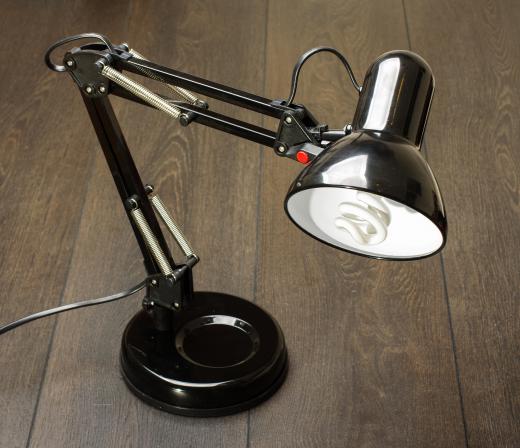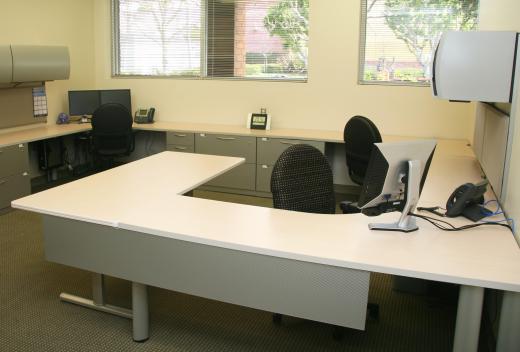While it is still possible to purchase furniture from independent furniture makers, much of the furniture available on the market was probably made in a larger furniture factory. Such a facility is capable of producing various types of furniture for the home, office, or other dwelling, which means this factory is likely to feature a wide array of complex machinery useful for creating pieces in a timely manner. The furniture factory may specialize in one type of furniture, or it may have a broader scope that allows various pieces to be built in different parts of the factory.
While much of the furniture can be made automatically by machines, the furniture factory is likely to employ many workers who can operate those machines or even perform some custom work by hand. The machines used to create the pieces are likely to be highly automated; computer numeric control (CNC) machines can be programmed to make the same cuts or motions over and over again within a specific tolerance, making the production process quick and easy. Other machines may be manually operated, which means a human operator will be necessary to turn material blanks into useful components.

The size and specific function of the furniture factory can vary significantly according to the type of furniture being produced as well as the specific market to which the factory caters. Some factories are quite small and produce pieces on a more limited scale, while others tend to be large in order to accommodate the needs of a wider customer base. The factory may be set up to produce only high end pieces from quality materials, or it may be capable of producing cheaply made furniture at a low cost to consumers. Such factories will often deal with a wider variety of materials, including wood, metal, particle board, and even certain types of plastic and vinyl.

Very often a key component of any furniture factory is the shipping department. It is here that furniture is contained or otherwise protected in preparation for transport to distributors or retailers. Packaging engineers may design specific types of packaging designed to protect the furniture; such engineers may work on or off site. Cardboard boxes, wooden crates, or even simply plastic wrapping may be applied to the furniture; the pieces can then be loaded onto delivery trucks or other transport vehicles. Certain employees must keep track of all pieces that leave the factory and note the final destination for every item.
